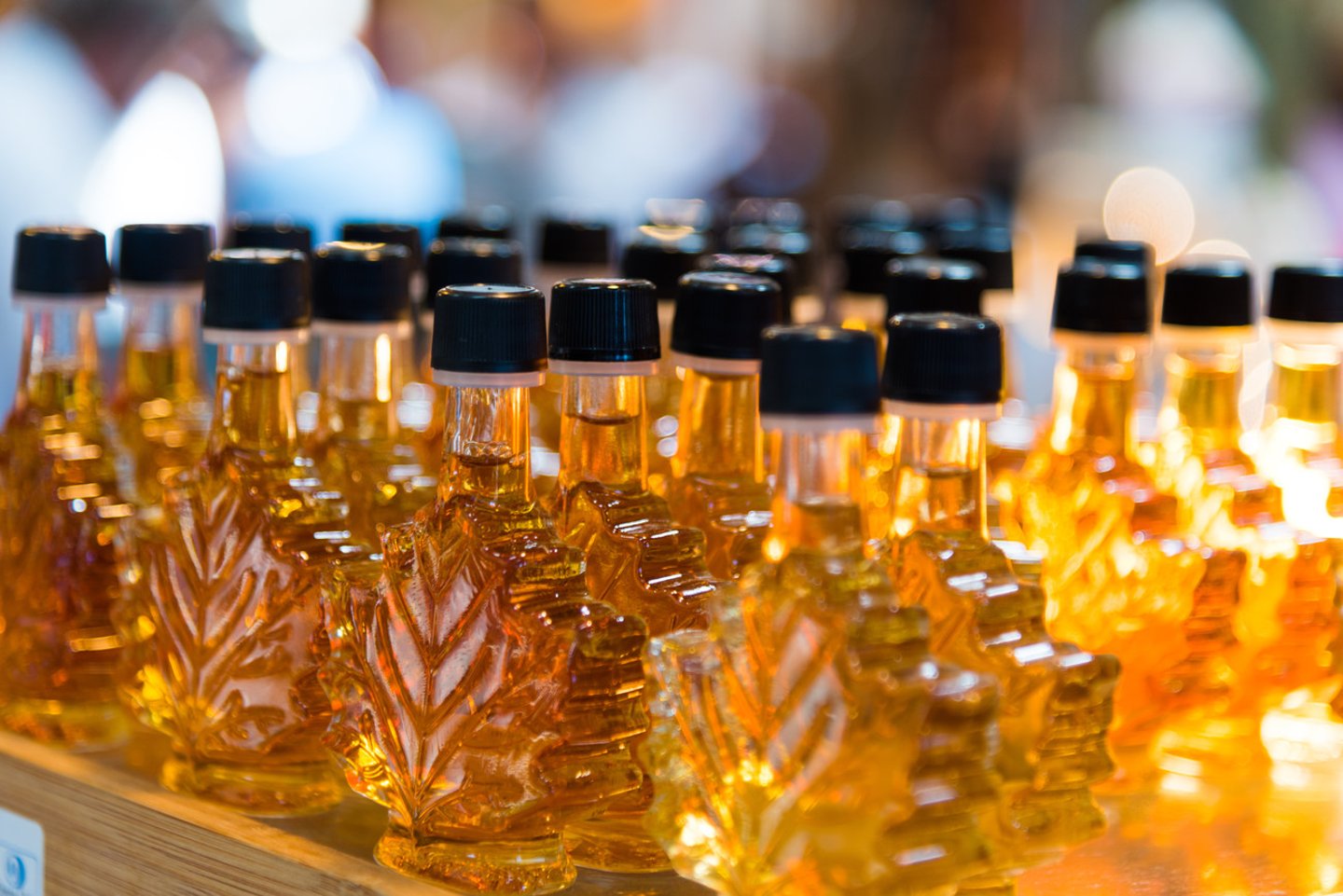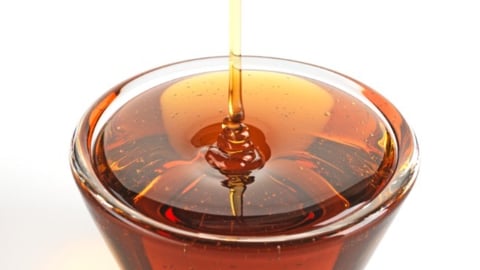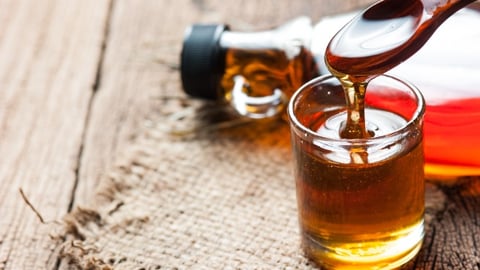Ontario could 'easily' match Quebec's maple syrup production, but investment needed: OMSPA president
As maple syrup season continues in Ontario, the president of the Ontario Maple Syrup Producers' Association (OMSPA) says the local industry has the potential to keep pace with Quebec.
Randal Goodfellow was in Trout Creek recently for the ceremonial first tap to signal the start of Ontario's maple syrup season.
The province makes up 3% of Canada's maple syrup production.
Comparatively, Quebec accounts for about 90% of all the maple syrup produced in Canada. New Brunswick has overtaken Ontario for second place, representing about 4% of the production.
Goodfellow says Ontario has a greater number of maple trees than Quebec and can easily match Quebec's production numbers.
Like this story? Sign up for Canadian Grocer's FREE daily newsletter!
“The Quebec government has made significant investments in maple syrup production (to create) rural economic development”, Goodfellow told the Nugget.
“New Brunswick did the same thing. They came from nowhere in the last 10 to 15 years and now out produce Ontario”.
Goodfellow says Ontario produces two to three million litres of maple syrup each year – not even close to Quebec's annual output of five to seven million litres.
“We could match Quebec and even exceed it easily because of the number of maple trees in Ontario,” Goodfellow says. “But what we're missing are the people who want to do it”.
One way to encourage people to enter the maple syrup market is to help them with the capital equipment they need, he explains. Another is for the province to open up Crown Land to maple syrup production, a move New Brunswick did with great success.
Goodfellow says making Crown Land available to potential maple syrup producers in Ontario means they don't have to buy land. Those savings could be used for equipment.
Graydon Smith, MPP for Parry Sound-Muskoka and Ontario's minister of natural resources and forestry, was at the tree tapping ceremony. Goodfellow says he told Smith he would like to discuss the Crown Land option with him, but no timeline was set to discuss the matter in more detail.
Goodfellow said another obstacle to growing Ontario's maple syrup industry is as existing producers become older and retire from the work, there aren't enough younger people to replace them.
READ: Aging population will widen labour gap in Canadian agriculture
He says what's needed is to attract people from other parts of the agricultural and non-agricultural sector and drive home the point that maple syrup production is a “lower capital cost form of farming”.
Goodfellow is also toying with the idea of visiting colleges and universities with agricultural programs and making the students aware that the maple syrup industry “has a very good combination of the right capital and better returns than other forms of agriculture”.



